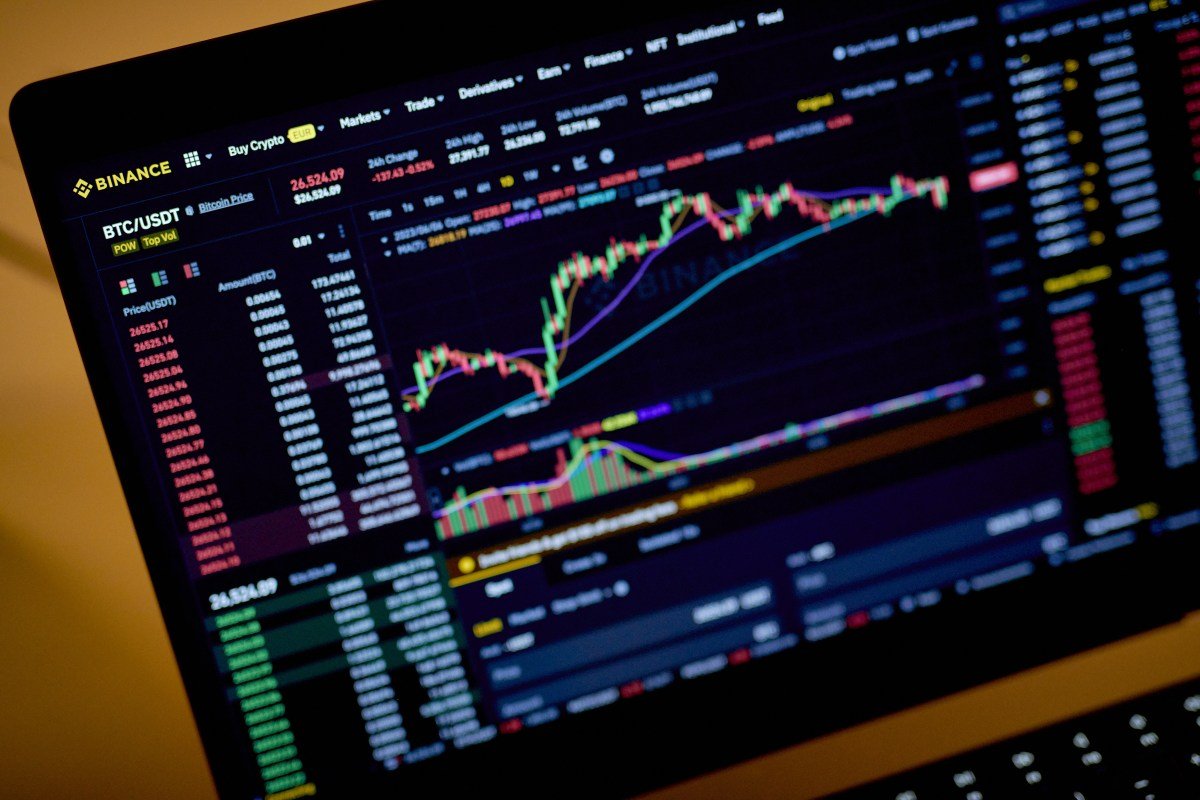The Financial Intelligence Unit, a dedicated agency of the Indian government, has made a shocking revelation. According to the agency’s recent statement, nine global crypto exchanges are reportedly operating illegally in India without complying with the country’s stringent anti-money laundering laws. The likes of Binance, Kraken, Kucoin, and Mexc are among the nine exchanges that have been red-flagged by the FIU. The agency has gone a step further and requested the IT Ministry to block the websites of these exchanges in order to halt their operations in the country.
“However, several offshore entities though catering to a substantial part of Indian users were not getting registered and coming under the Anti Money Laundering (AML) and Counter Financing of Terrorism (CFT) framework,” the FIU stated.
The FIU also disclosed that it has issued show cause notices to all nine firms. The agency reiterated that even global crypto exchanges are required to comply with India’s stringent anti-money laundering rules and cannot evade them simply because they lack a physical presence in the country.
Considering the seriousness of the issue, the Indian government brought cryptocurrencies under the ambit of the anti-money laundering and counter financing of terrorism framework earlier this year in March. The FIU further revealed that 31 crypto firms have already registered with the agency in compliance with the law.
The recent move by Indian traders to switch to global cryptocurrency platforms is being seen as an attempt to evade taxes. In 2020, India introduced a 30% tax on crypto gains along with a 1% deduction on each crypto transaction. This has led to a drop in trading volume on India-based exchanges such as CoinSwitch Kuber, CoinDCX, and WazirX, with the latter experiencing a staggering 97% drop in just two years.
Huobi, Gate.io, Bittrex, Bitstamp, and Bitfinex are among the other exchanges found to be violating India’s law. It’s worth mentioning that Coinbase has already stopped signing up consumers in India a few months ago.
In response to the FIU’s directive, Sumit Gupta, co-founder, and chief executive of CoinDCX released a statement saying, “Most Indian crypto exchanges are FIU registered entities and adhere with the Prevention of Money Laundering Act. FIU IND’s recent directive to offshore Virtual Digital Assets Service Providers (VDA SPs) will help mitigate risks and create a secure VDA ecosystem.”
Interestingly, Binance founder Changpeng “CZ” Zhao had previously told TechCrunch that the firm wasn’t interested in expanding in India as the South Asian market had not created a crypto-friendly environment. However, with the recent turn of events, it seems like the global cryptocurrency giant might have to rethink its stance on the Indian market.








